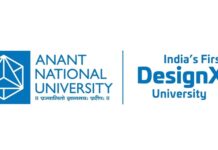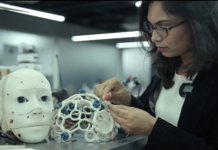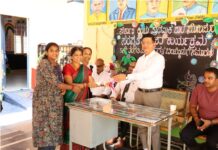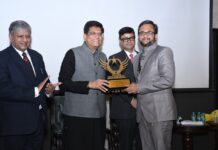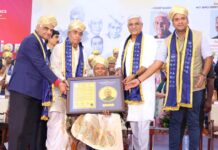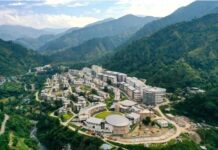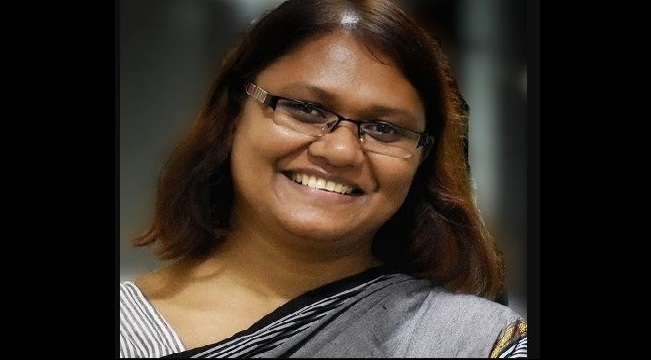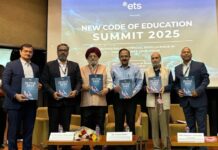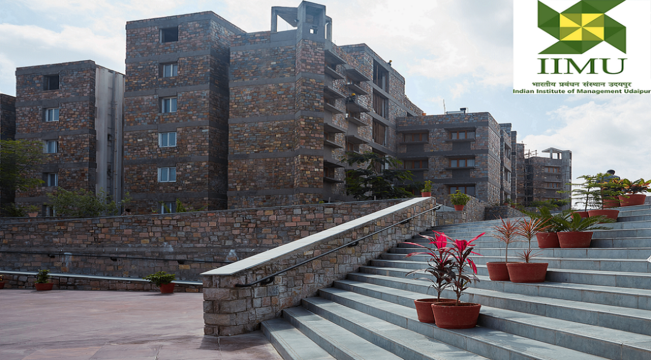Kolkata, February 25, 2022: The International Journal of Bioengineering (ISSN: 2306-5354, MDPI) is inviting for original articles and reviews for their special issue on “Biosynthesis of Nanoparticle/Exosome /ECV /Microparticles”. It is going to feature original research articles and reviews on topics ranging from the biosynthesis of organic and inorganic nanoparticles of therapeutic relevance and goes all the way down to manipulation of natural nano to micro-sized particles, popularly known as Extracellular Vesicles (EVs) for medicinal purposes.
One of the GUEST EDITORS for this Special Issue is Dr. Suryyani Deb, Department of Biotechnology, Maulana Abul Kalam Azad University of Technology (MAKAUT), WB.
Dr. Suryyani Deb joined at the Department of Biotechnology as UGC-Assistant Professor in 2019. She is a PhD holder from the Department of Biochemistry, University of Calcutta in 2011. She is an expert in platelet biology and blood-nanoparticle interactions. She is the first to report most of the bare metallic nanoparticles can activate platelets functions. Her investigation on how haemostasis and platelet function affected by nanoforms are highly appreciated by the scientific community. Her work also recognised with coverage and cover storey in Nanomedicine. During her academic career, she spent research stays at National Institute of Immunohaematology (NIIH), Mumbai, where she explored theranostics (combined approach with diagnosis and therapy) for arterial thrombosis. In Sweden, at Linkoping University, she investigated effect of Tyrosine Kinase inhibitors on platelet function and platelet microparticle formation. She has returned India on 2017 with DST Young Scientist award to initiate and lead a research team and granted with BIRAC DBT project. She has published several scientific articles in high impact journals with cover page and cover story and she has also granted with US patent and WIPO. She is presently associated with several international collaborations in UK (University of Cambridge), Sweden (LiU and Orebro) and USA (Harvard University).
Research Areas: Clinical and Translational Bionanotechnology Setting up haematological safety framework for nano and microscale materials and newly discovered potential small molecules Platelet based biosensors and biodevices
Call for Papers for the Special Issue of International Journal of Bioengineering
Interested authors are therefore invited to contribute for this special issue. Please see below for further information.
Instruction for Authors: https://www.mdpi.com/journal/bioengineering/instructions
Deadline for submitting a paper: 31 July 2022. Published papers may be listed in numerous search engines worldwide.
Topic: Biosynthesis of Nanoparticle/Exosome/ECV/Microparticles
Message from the Guest Editors
The primary goal of this Special Issue is to develop a platform for researchers and readers to concisely investigate all aspects of recent advancements in biosynthesis of Nanoparticle/Exosome/Extra Cellular Vesicles (ECV)/Microparticles. This issue will illuminate important perspectives of clinically relevant ‘nano to micro’ sized bio-derived and bio-mediated particles, especially for their therapeutic and diagnostic applications.
For the successful implementation of these particles, key areas, such as controlled biogenesis or biosynthesis, surface engineering or tuning, cargo loading, isolation and purification, and payload and carrier characterizations, will also be featured. After the increased applications of nanomedicines (e.g., vaccines) during the COVID19 pandemic, development of nano systems is emerging as a thriving field; however, many translational challenges still need to be overcome. The important questions, such as rational characterization for clinical applications, bio-toxic effect as a therapeutic cargo, and precautions during synthesis and the isolation process, increase its bioavailability and should be investigated.
Corporate comm India (CCI Newswire)



